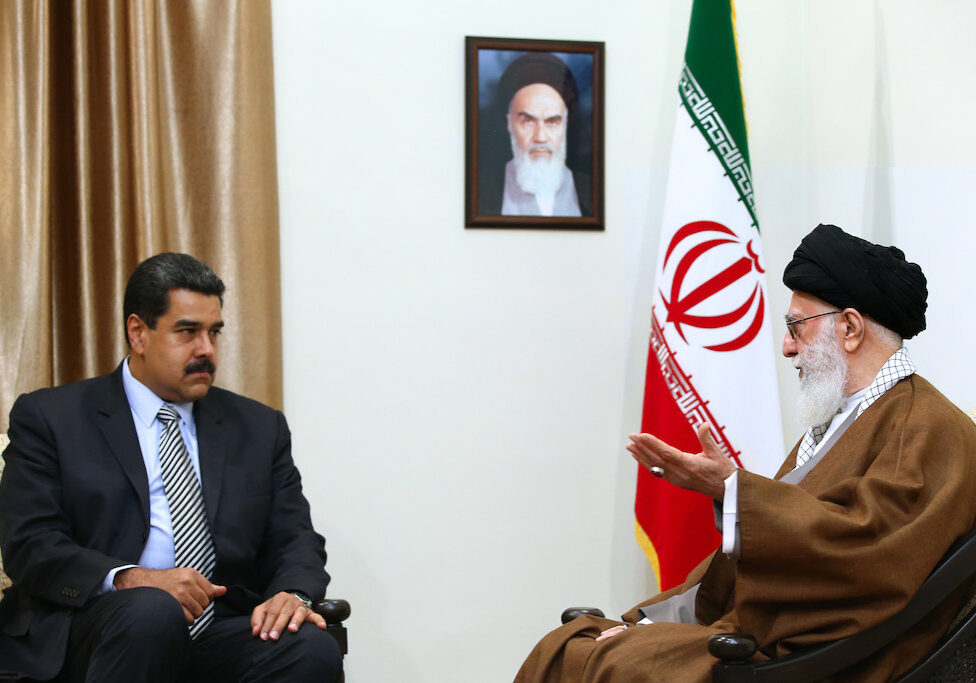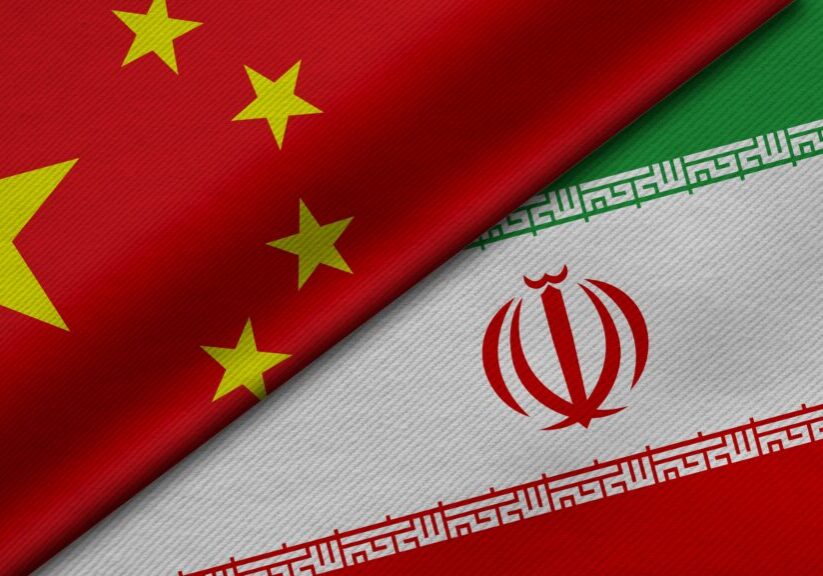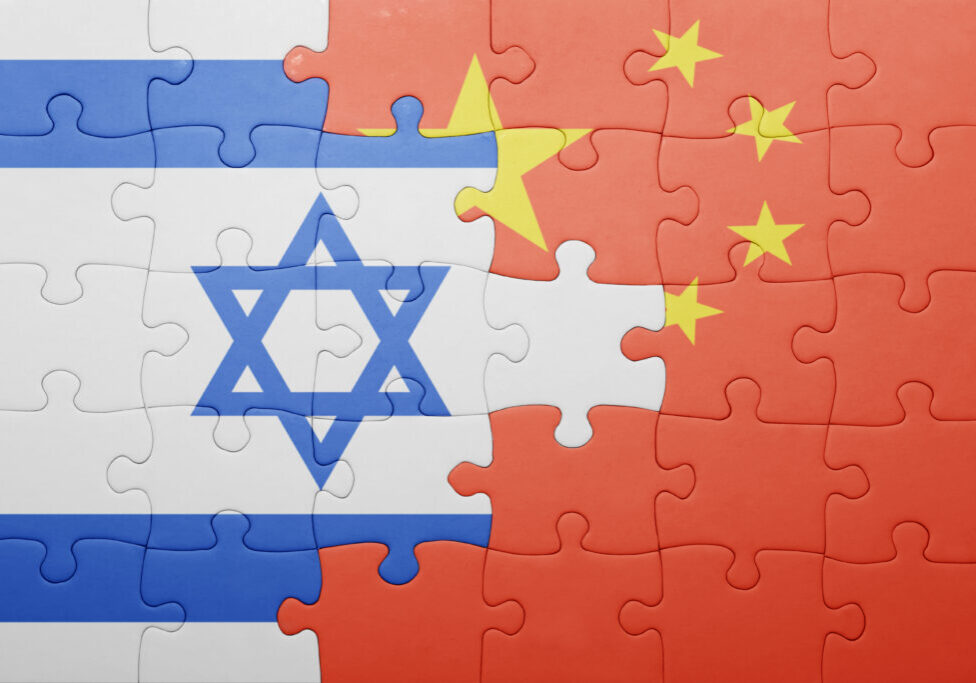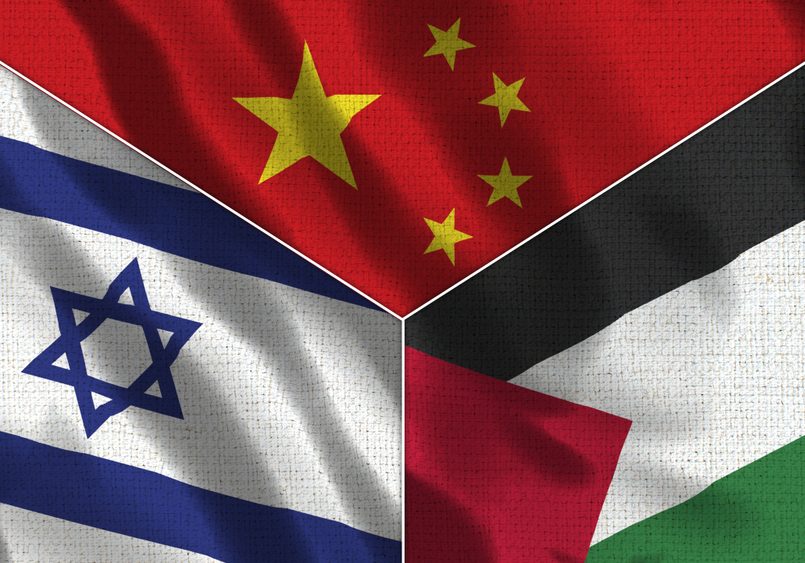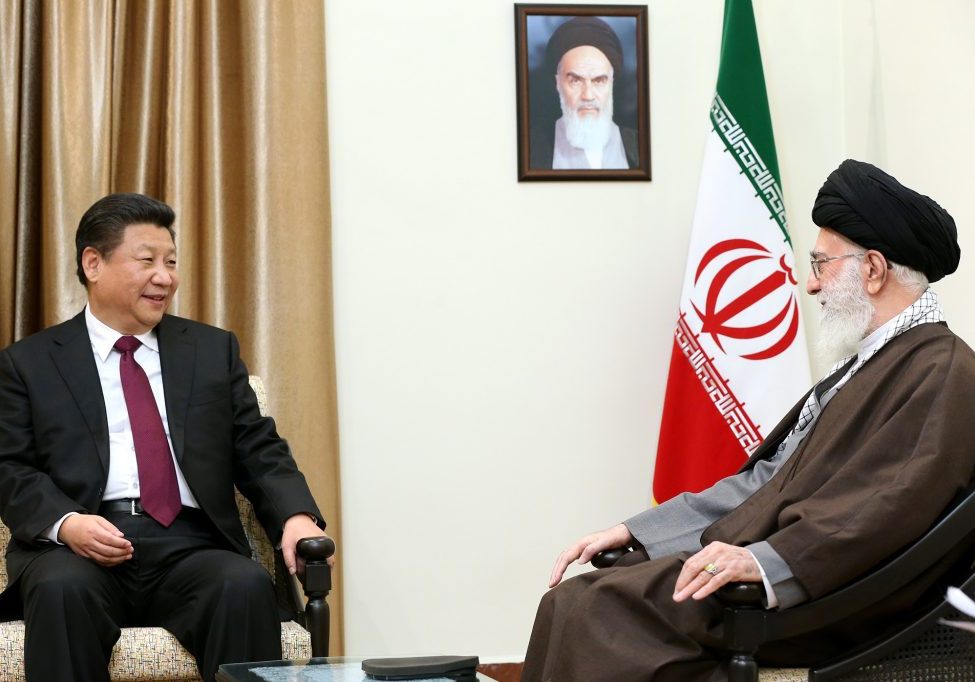Australia/Israel Review
Israel’s Chinese Puzzle
Jan 25, 2012 | Yehonathan Tommer
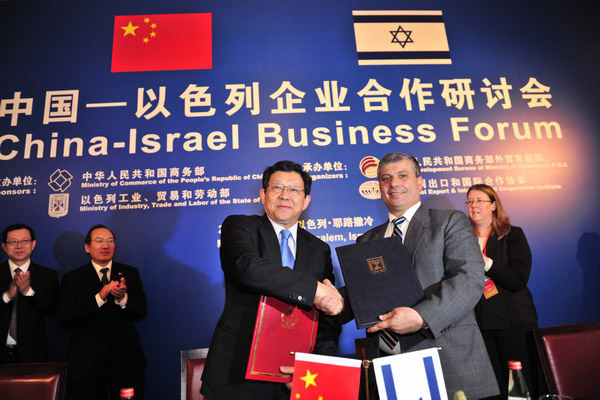
Yehonathan Tommer
Over the past 10 to 15 years, China has become a rising power in the Middle East, rivalling the United States and Russia for strategic influence.
Its presence in the region rests squarely on a strategic relationship with Iran, and friendly, interlocking relations with Arab oil states to ensure a constant flow of energy resources to fuel China’s insatiable economy, and to contain separatist movements among its Muslim Uighur Turkic ethnic minority in Xinjiang province, northwestern China.
China pursues these broad objectives in the face of Russian efforts to deny it a foothold in its Middle Eastern backyard, and American and European diplomatic and economic efforts to contain Iran’s nuclear ambitions.
Israel is a secondary player on this strategic chess board, drawn into the game by Iran’s persistent hostility to Israeli statehood. It is directly affected by the outcome of the escalating cold war, and is seeking to find ways to influence Chinese policy to prevent them negatively affecting Israel’s strategic interests.
Two-track China policy
Beijing’s energy resource-oriented diplomacy in the region has not harmed Israel’s small, but fast-growing bilateral trade since diplomatic ties were established in 1992, Israeli diplomatic sources say. These run on a separate track, unlinked to China’s Arab ties or to progress for a political settlement with the Palestinians. “Clients, suppliers and customers distinguish between economics and politics,” they say.
“China has abandoned its Maoist policy of ostracising Israel for the sake of Arab oil, and considers trade with Israel value-added,” comments Hebrew University China expert Yitzhak Shichor. “Israel is important to China for economic and technological reasons and the Arabs now understand this.”
In 2011 Israel’s trade balance with China totalled more than US$8 billion [compared to US$50 million 20 years ago] – and today equals China’s annual trade with Egypt.
According to Israeli Government sources, Chinese imports from Israel last year peaked at US$3 billion. These are steadily diversifying beyond the electronics sector – which today accounts for 30% of Israel’s exports to China. Another 60% of the trade comprises computer components and chemicals; a third and growing sector involves joint Israeli-Chinese industrial R&D projects oriented to a fast-growing Chinese consumer market.
These are promoted at the national level by the Chinese National Ministry of Science and Technology, and at the provincial level in 30 projects concluded with the Shanghai, Shenzhen and Jiangsu municipalities.
Israel also has an agreement with China’s supreme economic policy planning authority, the National Development and Reform Commission, allocating top priority to cooperation with Israeli companies and authorities in the fields of water technologies, renewable energies, biotechnologies, agriculture, communication and investments in start-ups.
Counter-dependence on Iranian crude oil
China imports 65% of its crude oil, annually. Some 13% of this is shipped from Iran, which is China’s second largest supplier after Saudi Arabia, which supplies 20%.
Saudi Arabia will probably remain China’s principal supplier of crude for years to come, especially after Saudi refineries currently being built in China specifically to process Saudi crude begin operations. These can provide China with “an alternative to possible future disruptions in Iranian oil supplies,” says Shichor.
This will likely take years, so China will continue in the interim to depend on Iranian crude. And, notes Bar-Ilan University Arab Affairs specialist Mordechai Kedar, the Saudis have no immediate crude surplus to sell to China to compensate for a hypothetical shortfall in Iranian oil. Such substitute supply, which may be available in coming months, would be necessary to convince China to join the American-led sanctions regime against Iran, something Washington tried to persuade Beijing to do a year ago, Kedar argues.
If China did join the sanctions, Kedar says, Teheran could still retaliate by planting underwater mines purchased from China in the Strait of Hormuz, thus blockading the international waterway to disrupt Saudi oil shipments to China.
Meanwhile, to ensure its unbroken access to Middle East supplies of oil and natural gas, Beijing practices a policy of reverse or counter-dependence by contracting huge infrastructure and civil construction projects in Saudi Arabia, Iran and the Gulf states, managed by Chinese experts and built with Chinese manpower.
For example, Chinese investments in Iran in 2011 included construction projects for urban underground rail systems, ports, roads and tunnels in major Iranian cities and coastal towns, employing tens of thousands of Chinese labourers. Their overall value is around US$45 billion.
Interlocking economic interests have enabled China to penetrate and influence the Middle East while still maintaining a low political profile so as to avoid being sucked into its regional conflicts.
Arms sales – a political irritant
Chinese arms sales to the Middle East have dramatically declined since the 1980s and early 1990s. They were never intended to influence the strategic balance but to strengthen ties with client states and gain hard currency. Nonetheless, they constitute a political irritant to relations with Israel.
Chinese weapons were of low quality and sold in insignificant quantities, unlike their technology transfers and sales of spare parts for weapons of mass destruction, says Yoram Evron, a China specialist at Tel Aviv University’s Institute of National Strategic Studies (INSS).
“Sensitive about its international image and American criticism, Beijing, today, is more cautious in its arms sales to the Middle East, especially since the civil uprisings in January 2011 which raised Chinese fears of their weapons falling into the hands of rebels,(as in Libya), and terrorist organisations,” says Evron.
Israel has asked China to impose end-user restrictions on arms sales to Iran and Syria, fearing they would fall into the hands of Hezbollah and Hamas. Apart from voicing indignation, Israeli officials suspect Beijing would not take punitive steps or boycott fresh arms deals with Iran or Syria if they did. [In Syria, the Chinese, worried over the regime’s survival, have US$20 billion investments and 35,000 labourers to protect].
However, Israel lacks leverage on this score after its military ties with China were downgraded and ended over a decade ago at American insistence, following its contentious and aborted plan to sell China an Israeli-built advanced, AWACS early-warning reconnaissance plane with American components.
China will likely remain an arms supplier to Iran because of its superior, Western-enriched technology which serves as a model for Iran’s own ballistic missiles production, along with technologies from Russia and North Korea.
As a world leader in hacking into websites, producing spyware programs, and planting Trojan horses and viruses, notes Evron, China can also assist Iran in the cyber-battles waged against its nuclear energy installations.
Iran, a Chinese ally at the UN
Iran plays the role of Chinese ally in United Nations institutions where together they can weaken, block and delay US policies and resolutions affecting Iranian ambitions in Central Asia. In this way China’s alignment with Iran aggravates Israeli security concerns.
On the one hand, China displays a cocky arrogance toward the United States, encouraged by a growing chorus of international opinion highlighting their increasing importance. On the other, China cautiously avoids involvement in Middle Eastern conflicts, relying heavily on numerous research institutes to help analyse the international situation and manage its unprecedentedly complex foreign policy.
As a matter of principle, they oppose sanctions as an unjustified intervention in Iran’s internal affairs, claiming, from their own experience in the Korean War, that sanctions will only encourage Iran’s leaders to defiantly pursue their nuclear ambitions.
Yet, as the visiting head of a prestigious Chinese institute told Shichor in Israel, they know Iran’s leaders and see President Mahmoud Ahmadinejad as “a factor for instability acting against Chinese interests. Nor do they like his denial of the Holocaust.”
The Chinese have used their veto six or seven times since they were admitted to the United Nations Security Council in 1971 and, only then, in solidarity with Russia and to protect Chinese national interests – most recently in propping up Bashar Assad’s embattled regime by opposing a resolution condemning Syria’s repression of the civil uprising.
But Israeli Foreign Ministry officials see Chinese readiness to demonstrate flexibility in Beijing’s decision to abstain from a vote on the Security Council’s latest resolution ratcheting up sanctions against Iran, and hope Beijing will at least refrain from undermining international efforts to terminate Iran’s clandestine nuclear ambitions and quest for regional hegemony.
Kedar, however, is sceptical of any serious Chinese rethink. “China is a problematic axis in its relations with Iran, Hezbollah and Lebanon. By aligning with Iran, China plays a very negative role, indirectly highly damaging to Israel.”
Tags: China

